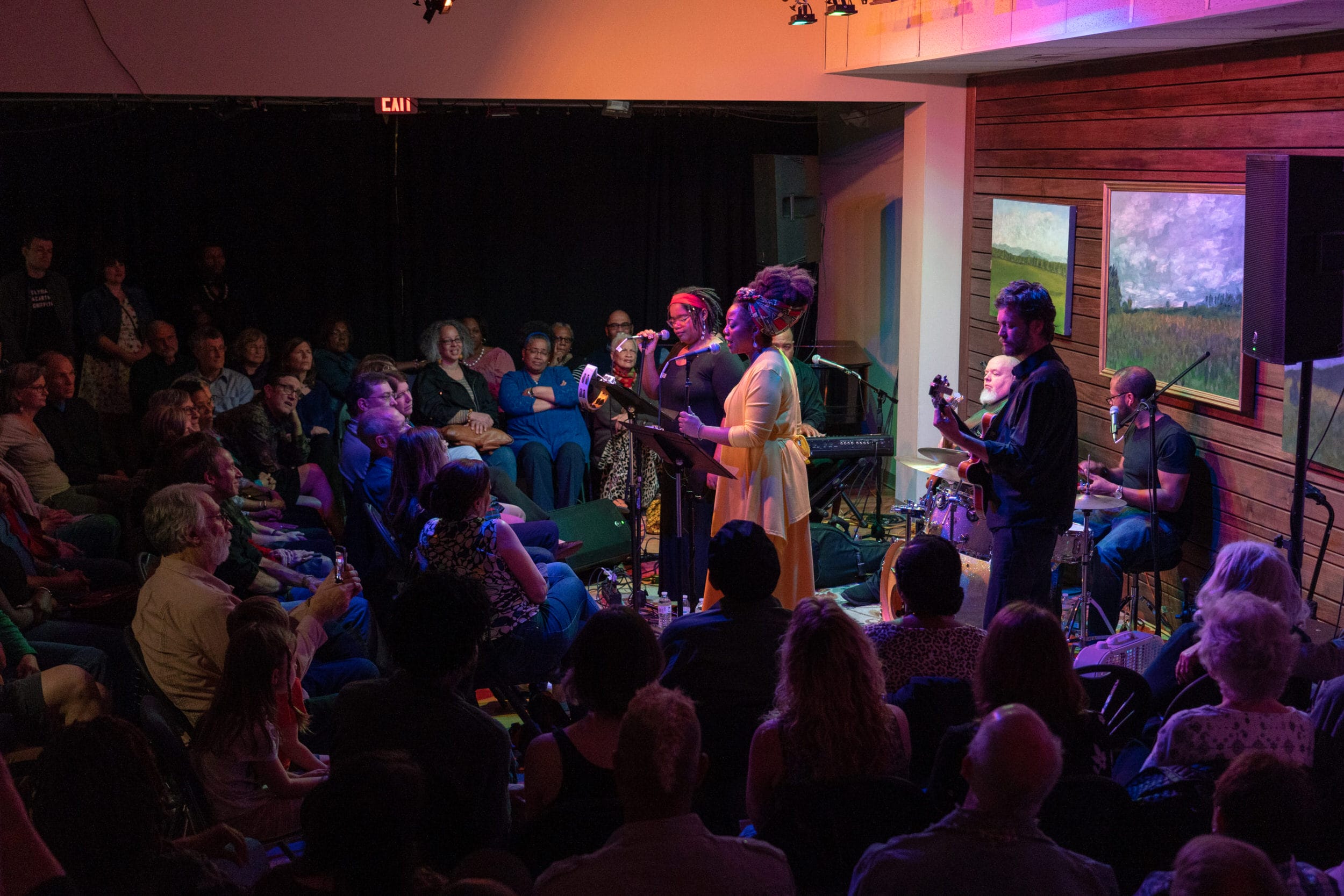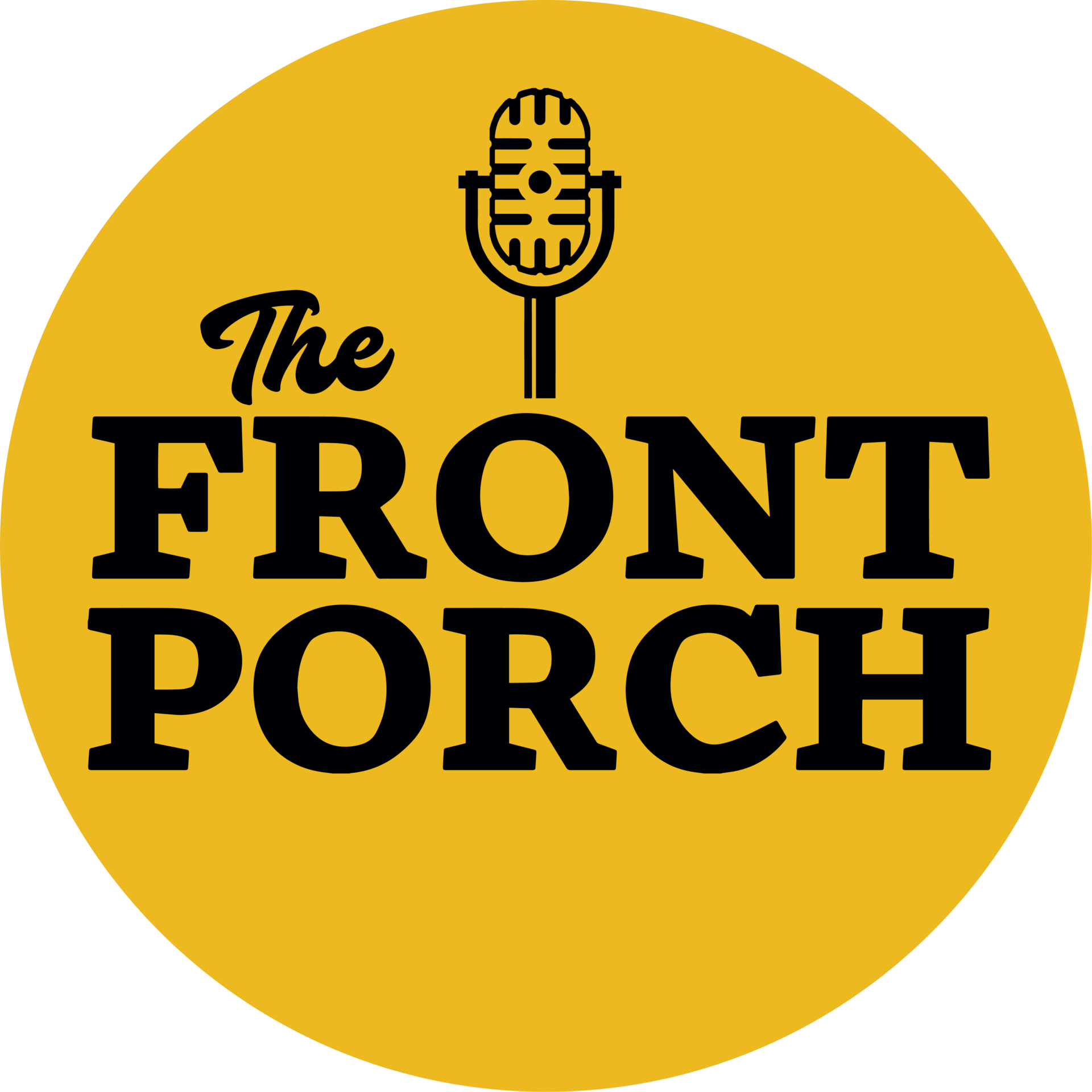You wrote a song! Now what?
In a previous post. we talked about why you should write a song and what it takes. This post suggests some next steps.
Let’s say you just finished writing your first song. Congrats! You just created a work of art! Did you enjoy the work? Maybe that’s enough.
The best advice in Jeff Tweedy’s book, How to Write One Song, might be what he covers in the last two chapters.
“How you judge the art you make is nowhere near as important as the act of creation itself,” Tweedy writes.
So, first savor the joy of the creative work. Then try to set your ego aside as you play your song for others and seek feedback.
Before you do that, you might want to let your song sit for a day or two. Then put on your editor’s hat and take a fresh look. You’ll probably see a few things that could be improved. But don’t spend too much time nitpicking and tweaking. Perfectionism will hold you back.
“It’s necessary to learn how to be OK with being bad at what you do, Tweedy wrote, “… or you’ll never get to ‘good.’”


Not sure you’re ready to sing your song to a room full of strangers at an open mic? Start small. Play it for a friend or two.
If your friends are kind-hearted people, you may not learn much by asking an open-ended question like, “What did you think?” That’s not a bad place to start. But to get feedback that’s more helpful, you might ask a more specific question like, “What did you think I was trying to say?”
Take songwriting classes at The Front Porch. You’ll have the opportunity to get supportive and useful feedback from your instructor and fellow students.
Getting in the songwriting habit
In the previous post, we talked about the importance of writing regularly, rather than waiting for the muse to strike.
“Inspiration doesn’t just happen,” Tweedy wrote. “It has to be invited in, time and time again, through regular, concentrated work.”
Here are some inspiring things you can do every day, even if only for a few minutes:
Collect titles
A lot of great writers start with song titles. You don’t have to work that way. But it’s worth a try. Spend a few minutes each day brainstorming song titles.
Do some of the exercises in Part II of Tweedy’s book. Or get yourself a magnetic poetry kit (a tool created by a songwriter).
Read The Songwriter’s Idea Book, by Sheila Davis. You’ll discover a wealth of strategies and tips for creating song titles. For example, there’s a chapter on color titles. Prince did pretty well with those (Purple Rain, Little Red Corvette). There’s a chapter on place titles. And a section on titles that include the word “if.” And much more.
Books and other songwriting tools can be super helpful. Learn from them, then set them aside. Just notice what’s going on around you. You’ll find words and ideas everywhere. Play with them. Collect them like baseball cards. Shuffle the deck every now and then. Try to add a title or two to your cache every day. Then pick one to work on.
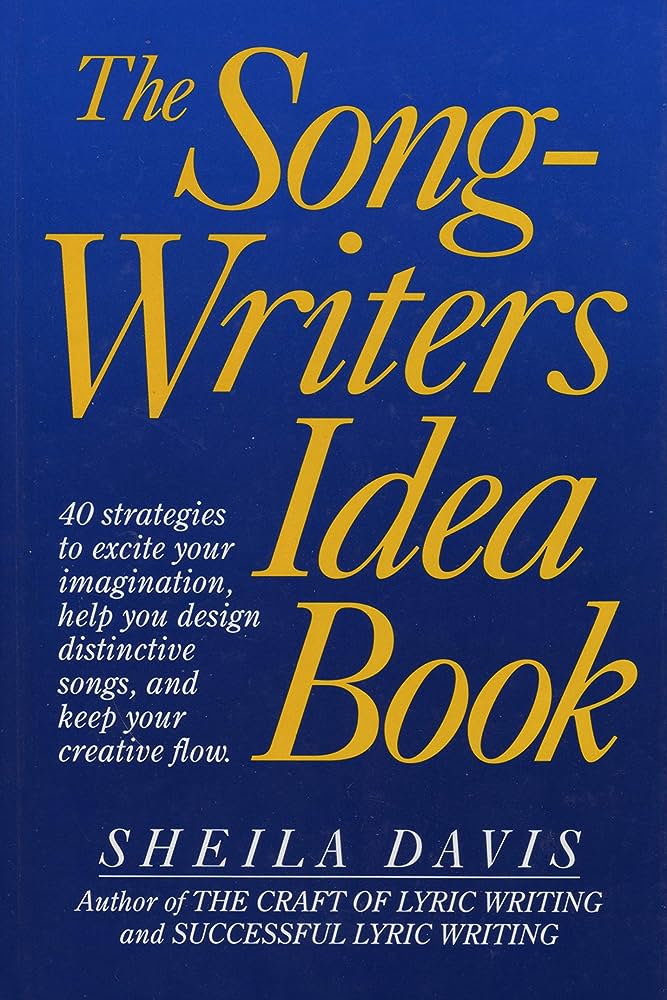
Collect related words
Does your title evoke a mental picture? Start writing down words your brain associates with that picture. Now find some synonyms for those words. Then find rhymes for the words you’ve listed, especially for the last word in the title.
This habit is what Jeff Tweedy calls “stockpiling language.” Your thesaurus and rhyming dictionary will come in handy. If you prefer to work on a computer, you can simply search for rhymes and synonyms on the web. Or invest in a tool like MasterWriter.

Outline your song
Once you have a promising title and a stockpile of related words, try outlining your song.
What’s your big idea? That’s probably your chorus. How will you introduce that idea? That’s probably verse one. How are you going to flesh out the idea in the second verse? Is there a moral to the story? Maybe that’s your third verse or bridge.
Who is telling the story? From what point of view? What do they look like? What do they say and do? Try thinking like a journalist and ask yourself who, what, where, when, why and how.
You don’t necessarily have to answer all these questions before you start writing your lyric lines. I don’t always write this way. The point is that there are a lot of things you can do every day, in short bursts, to jump start your muse. Try a few of them, and you’ll find some ways that work for you.

Collect musical ideas
You don’t have to start with words, of course. Why not spend a few minutes a day coming up with musical ideas?
Bang out a chord progression on your guitar, uke, or keyboard. When you come up with a groove that moves you, record it.
As you’re doing this, mix things up. Try a familiar chord progression in a different key, tempo, or time signature. Try a bunch of different rhythmic patterns. Play along with drum loops from Garage Band or some other program. Or make your own beats.
To create interesting melodies, “throw your voice around,” as Texas songwriter Darden Smith likes to say. Just hum or scat sing a little melody for the chord progressions you’re playing.
Don’t just sing the chord tones. For example, when you’re playing a C chord, try singing a D note, an A note, or an F note.
Resist the temptation to always start on the root note of the first chord. Likewise, resist the tendency to always start your melody on the downbeat of the first measure.
One day, you’ll hit on a piece of music that matches a swatch of lyrics you saved. Or a groove and melody you create will spark a new lyrical idea.
Curate your collection of ideas
Periodically revisit your list of titles and your half-finished lyrical and musical ideas. Maybe share a few of them with a co-writer.
There will be days when you have more than a few minutes to write. That’s when you’ll be glad you have a collection of ideas at your fingertips. You won’t have to stare at a blank page and start from scratch.
Does this piecemeal approach make sense for you? It’s OK if it doesn’t. It’s just one way to maintain your songwriting habit, especially on those days when you don’t have a lot of time to spare.
Can you can sit down and write a good song, start to finish, in a day’s time? Do that! If not, just try to write a few bits every day or as frequently as you can. The puzzle pieces will eventually fit together.
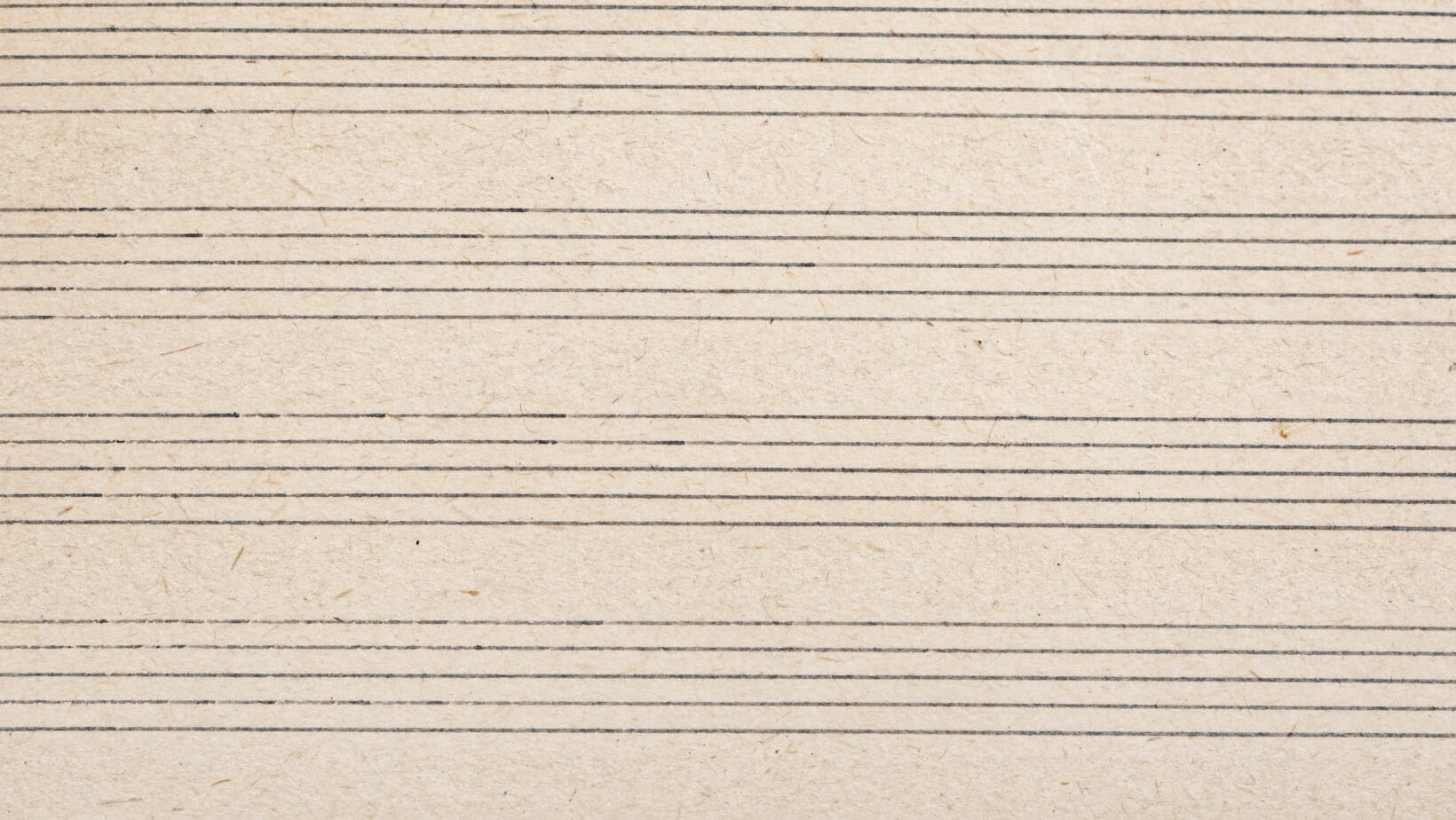
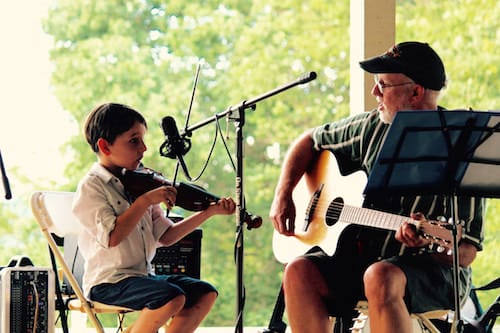
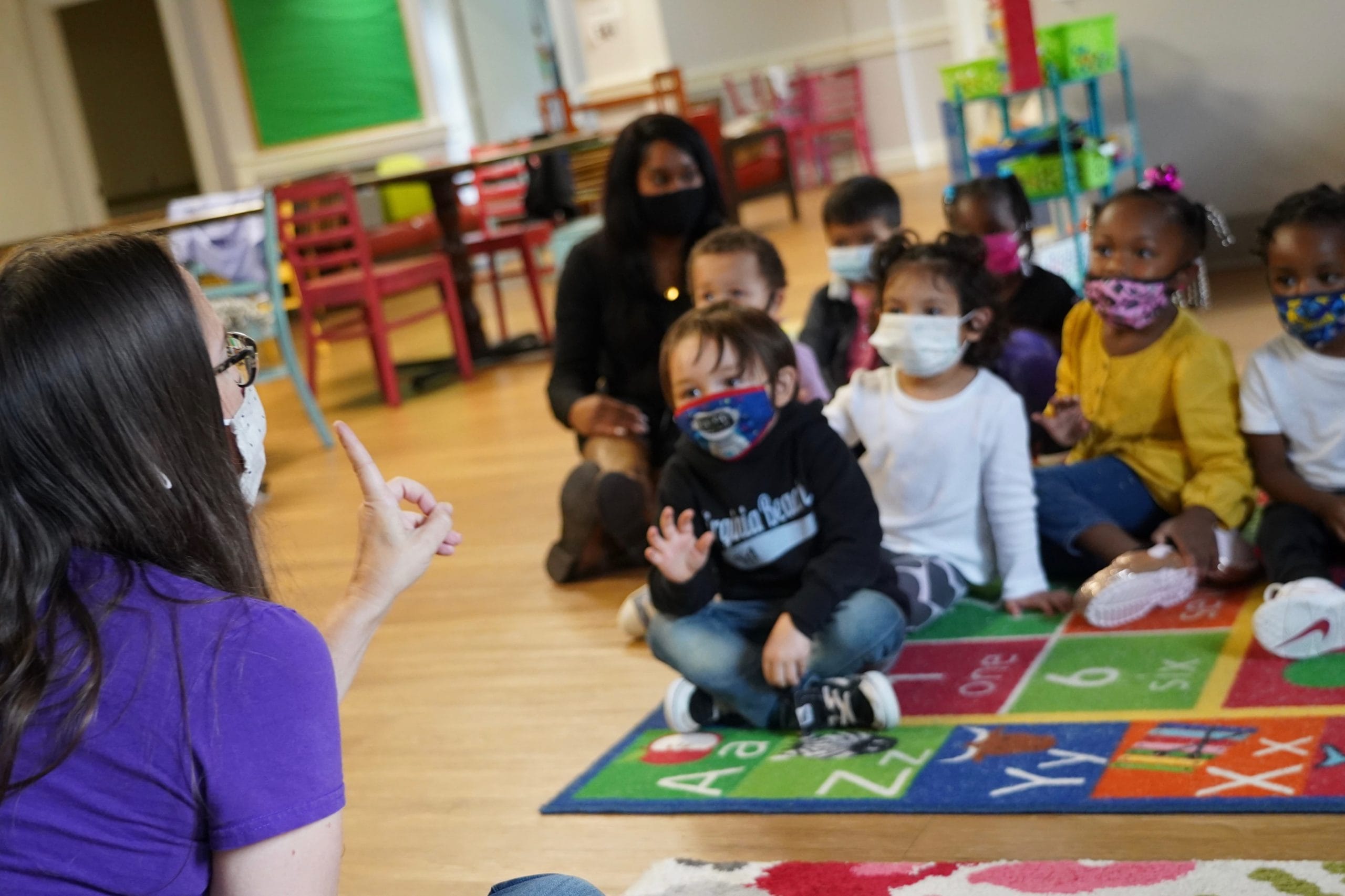
Love what The Front Porch does? Learn more about our Roots & Wings outreach program here, and donate to support music education in Central Virginia. Help us connect everyone through music.
